Do you think Google's line of overlapping operating systems is a nightmare? Not yet evening…
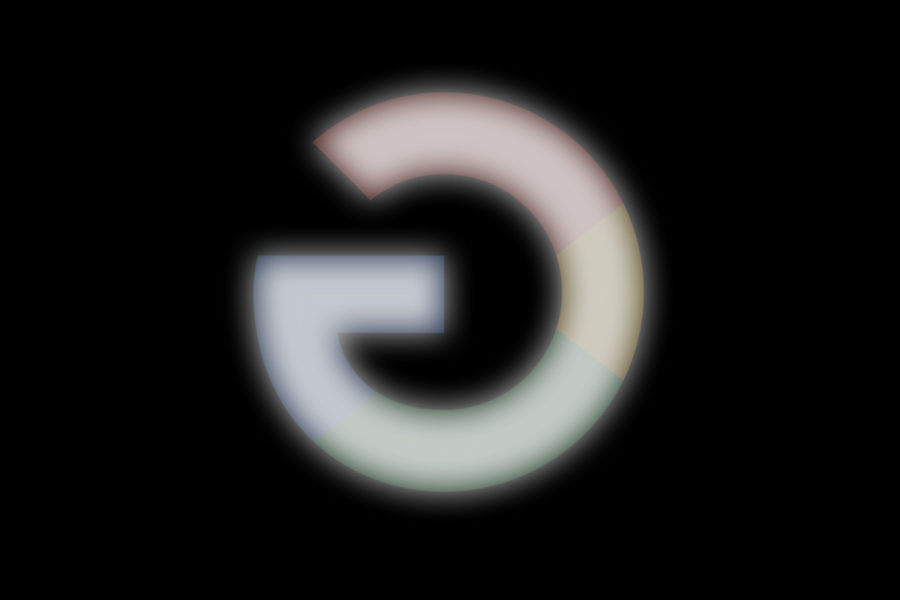
Original material by JR Raphael
The good corporation's approach to operating systems has long puzzled those who watch the industry. Over the years, there has been confusion around the existence of Android and Chrome OS, because these two operating systems surprise some users with their similarities and differences in specific features.
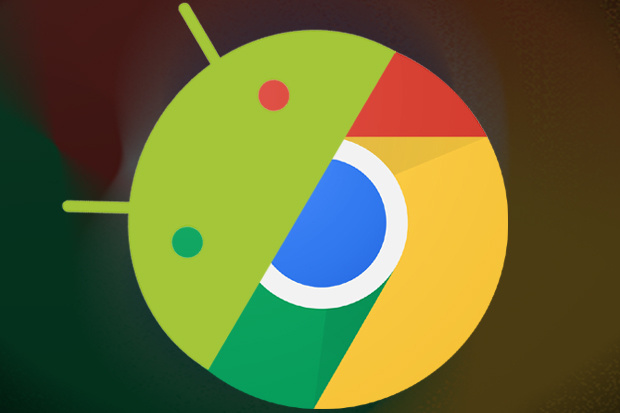
Google, as we all know, had its own strategy, which the company eventually conveyed very clearly to everyone: Android is an operating system for devices with touch controls, such as smartphones, and Chrome OS is a set of tools for large screens and keyboard-oriented configurations similar to the PC experience. These two OSs could coexist peacefully and were brought to a single format to provide systemic visual identity and 'exchange' of functional features without the need to merge in the struggle between scenarios, as many couch pundits predicted.
There was a point in all of this, and we had an approach that seemed to be carefully thought out and intentionally enforced. And, of course, Google got into trouble when they began to position Chromebooks as the reincarnation of Android tablets, which led to the launch of tablet-like devices with Chrome OS on board. But for the most part, the basic idea has been kept: if you want a touch experience like on a smartphone, go for Android. If your goal is to have a PC-like experience, be it a laptop or tablet, then Chrome OS is for you. The exact parameters are not so obvious, but still Google's vision of its operating systems had a certain idea under it for the most part.
Well, brothers, it seems that the fight for clarity is lost. Android and Chrome OS are alive and well, there is no doubt about that, and despite constant calls, there are no prerequisites for changing the situation for the better. However, a number of new factors are likely to further complicate the situation and further confusion. I propose to think about the upcoming difficulties together and prepare for the next logical impasse.
Desktop disorientation
So, Android is for smartphones, Chrome OS is for laptops, right? We have seen and heard all this for many years. But in the context of the upcoming release Android Q, they forgot about all this, adding an incomprehensible desktop mode to the system.
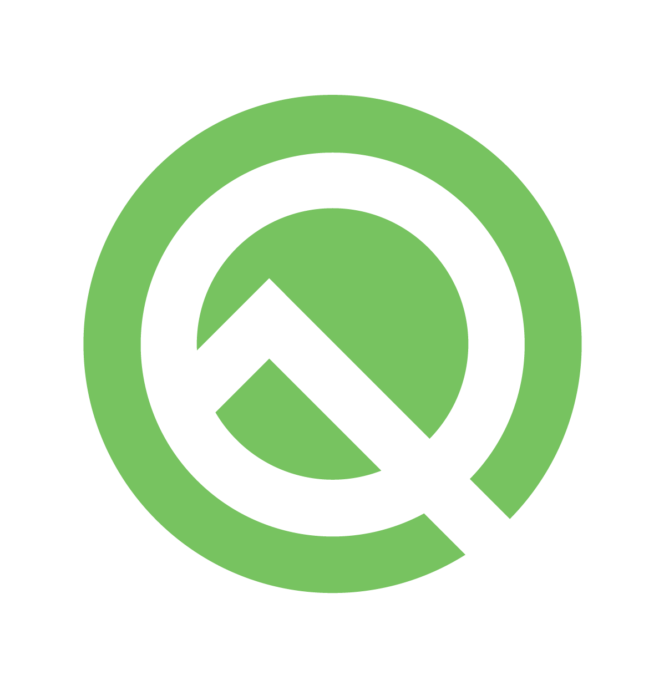
This option first appeared in the 'leaked' beta build Android Q and was instantly skeptical on my part. Why would Google embed desktop mode in Android when the company has been so diligent in promoting Chrome OS as a complementary Android desktop platform? As it seemed to me at the time, adding such an option to Android would be a trick with our ears. Not that this can be excluded from the realm of reality, we are talking about Google, but this step seemed like a very strange turn.
Well, somewhere Google turned the wrong way: this option is in the official assembly. During a session at a recent developer conference, Google detailed the purpose of this mode: talking about a 'PC-style windows' interface for 'phones connected to large displays'. Desktop mode allows you to view multiple apps on the same screen in pop-up windows like any full OS, and it supports the use of third-party launchers. Thus, you can have a special desktop launcher on your phone, which will be activated only on an additional screen when connected via HDMI. Sounds original? Here's a working sample from an aspiring developer to demonstrate how this option works.
And now the question is: how can a sane person explain the purpose of the existence of such an experience in parallel with Chrome OS, executed in accordance with Android and optimized specifically for desktop use of the operating system? The situation becomes very confusing, with many unexplained cases of duplication of functionality that most companies usually try to avoid, but Google is not one of them.
It's also a fact that these 2-in-1 and plug-in-phone-to-monitor-and-PC-style device systems – regardless of manufacturer – haven't really taken off. They invariably end up being perceived as second-rate, usable, but unremarkable scenarios that pale in comparison to what you get from a regular laptop (be it a laptop with Windows or Chrome OS).
Now, if Google presented a configuration that would allow Chrome OS to run on the monitor when a Android smartphone is connected to it, then I would be in seventh heaven from the sophistication of the created device and how the company was able to combine all my best developments in one flexible system. In fact, I can only scratch my head, thinking about what the goal was pursued by the company and how you can fit this innovation into the vast ecosystem of Google.
And this is not the only example of confusion that threatens to upset the balance in our 'thinking'.
Uncertainty Android
Just yesterday, we discussed the great transformation at Google Assistant and how the company is starting to treat it as a separate platform. Developers are encouraged to create apps that can run on both smart displays and Android devices. Not Android – applications, mind you, but a new category of programs that will exist in some still obscure and inexplicable alternative directory of applications and will be compatible with both types of devices.
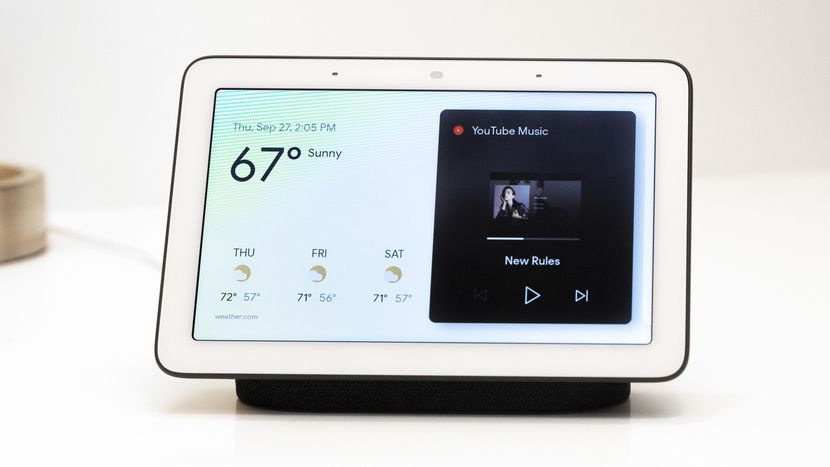
And yet, speaking of 'smart displays', what OS will they run on? The tricky answer depends on where you look for it. Third-party 'smart displays' (for example from Lenovo) are powered by Android Things, an operating system specifically designed by Google for these types of devices to offer a consistent user experience. Be that as it may, Google's own 'smart display' – Home Hub (Nest Hub, Nest Home Hub, or whatever it is called now) – does not use this software. Instead, it is built on the Cast platform, and as the VP of Google explained, there is no particular reason for that.
“We just felt we could use this experience with Cast, and in fact, in both cases, it is similar,” he told Ars Technica. – We could easily give access to Cast to third-party developers, but I think most of them are more comfortable using Android Things'.
So, what's next … And then Fuchsia, oh, beautiful Fuchsia. The operating system in development is the subject of incessant speculation and countless headlines positioning it as an incredible, 'absolutely obvious' replacement for Android and Chrome OS. The reality, of course, is not as black and white as we discussed, and Google itself recently spoke out about Fuchsia, calling the OS more of an 'experimental' project that will one day be used for 'other form factors' rather than computers and smartphones, which we are using today.
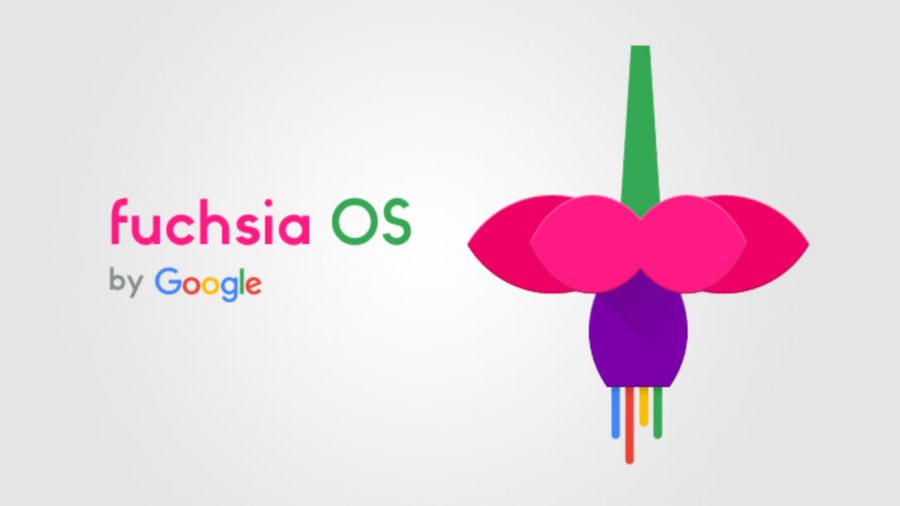
Phew … Take a break for a minute, collecting parts of the 'brain' in a heap after such an assault, and let's try to find a bit of meaning in this mysterious jungle.
Navigating the OS maze from Google
If one can single out some meaningful thesis from all of this, then one common line runs through all these overlapping operating systems from Google – Google Assistant. And you know what? This is probably the most promising piece of this increasingly addicting puzzle. Assistant is fast becoming the real platform of the future for Google. The operating system itself – Android, Chrome OS, or some intermediate newbie – is only a pawn in a bigger game with serious stakes.
So is Google's line of operating systems going back to ridiculous functional overlap and inexplicable mess? In short, yes. There is no reason to doubt this. But, you know, this is not a very relevant cause for concern for Google. As we have already seen, the company doesn't want you to think about which OS you are currently using. In Google's eyes, these differences should become irrelevant as the device seamlessly integrates with Google's core services, including, of course, Assistant. This integration will allow you to complete any task. This is, first of all, the Google ecosystem, and Assistant serves as a certain connecting thread between everything.
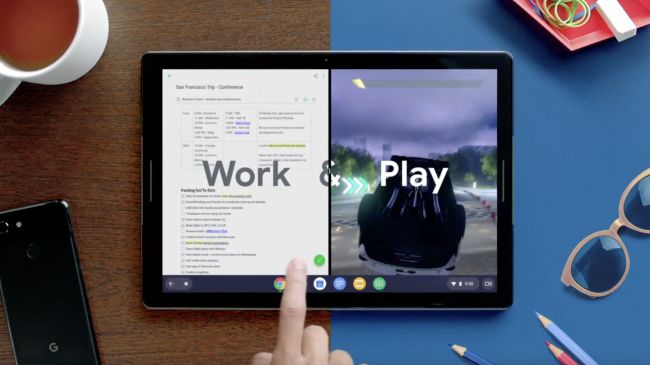
This concept sounds pretty good in theory, but when someone in the future writes to me and asks about the difference between Android – a smartphone in desktop mode and a Chromebook in tablet mode (without mentioning why the choice of apps is on their 'smart display 'differs from that on a smartphone), then another' leaf 'will fly off my metaphorical' tree of adequacy '. And, believe me, there are not so many of them left.
Original material by JR Raphael
Yes, there is something to smash your head over. Isn't it time for Google, in the end, to bring everything to a common denominator? Let it be Fuchsia, but more flexible, with modes for devices of different form factors. The option proposed in the article with a 'smart' switch to a desktop OS looks utopian, but very curious. Of course, in the context of my pressing question about finding a laptop (maybe a Chromebook) for occasional editing and translation of texts, such a concept does not help much, but in general, it would arouse some interest in the market, especially if Google did not restrict access to it for OEMs. partners.
In the meantime, yes, the zoo of operating systems is growing, and I would like to hope for the prudence of responsible employees at Google, in whose power to stop this mess. Well, or, in fact, to make it so that the user does not care what kind of OS he has on the device, because the user experience is the same. But, of course, all this would be desirable to observe, provided that flexibility and openness are maintained Android. Or are we asking too much, oh Google?
